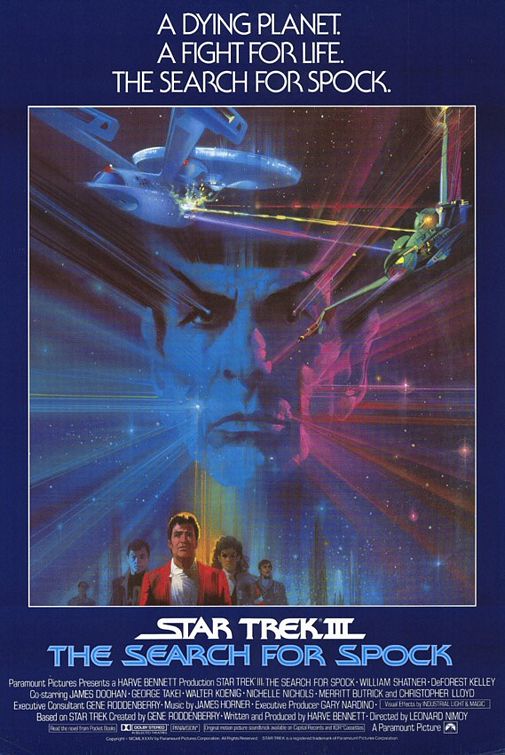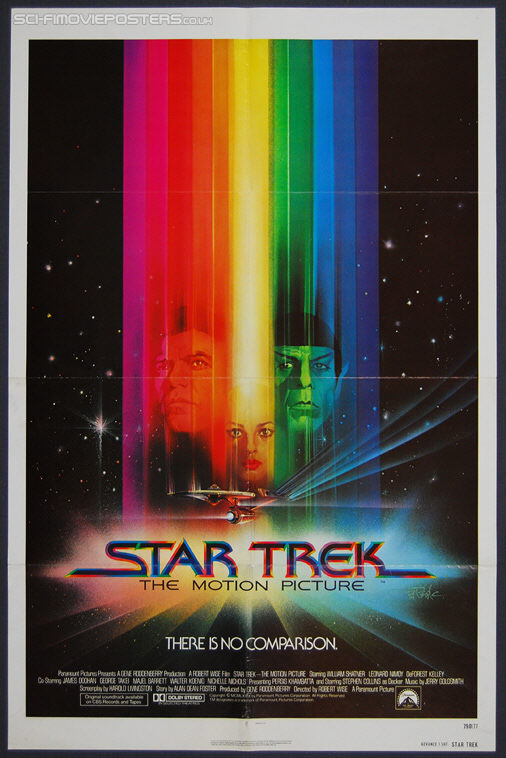- Joined
- Aug 17, 2003
- Messages
- 69,579
- Reaction score
- 37,768
- Points
- 203
Before all else, I shall note that this thread is approved by Hunter Rider 
As a man whom likes to discuss films, and wishes to keep himself in writing practice and thinking critically, I have opted to follow CFE's example and start writing reviews and having an occassional countdown for films I see. My prime focus will be on franchise films, but I am willing to take movie requests (I welcome suggestions too, as they will help me maybe find some films I otherwise would no have considered viewing). Through this thread, I hope you learn a bit about what I look for in a film, and see a bit of what my tastes and interests are.
As to not overflow the site with my own countdowns and such all the time, I am keeping all countdowns I do in this thread. I will sig what the current countdown and review is, as to make it easier to follow this thread.
Reviews will be posted basically whenever I can post them, but I'll try and not let no more than 3 days go by without a review. My goal is to keep up with this though. You guys can pester me if I start to get lazy
My first set of reviews in this thread will begin tomorrow with a countdown from best to worst, and my first franchise I shall be reviewing is Star Trek!!! All 11 films in the series!!!
I hope you guys enjoy reading my thoughts on these films, as I look forward to sharing them with you
Remember, this thread is kid tested, Hunter approved
As a man whom likes to discuss films, and wishes to keep himself in writing practice and thinking critically, I have opted to follow CFE's example and start writing reviews and having an occassional countdown for films I see. My prime focus will be on franchise films, but I am willing to take movie requests (I welcome suggestions too, as they will help me maybe find some films I otherwise would no have considered viewing). Through this thread, I hope you learn a bit about what I look for in a film, and see a bit of what my tastes and interests are.
As to not overflow the site with my own countdowns and such all the time, I am keeping all countdowns I do in this thread. I will sig what the current countdown and review is, as to make it easier to follow this thread.
Reviews will be posted basically whenever I can post them, but I'll try and not let no more than 3 days go by without a review. My goal is to keep up with this though. You guys can pester me if I start to get lazy
My first set of reviews in this thread will begin tomorrow with a countdown from best to worst, and my first franchise I shall be reviewing is Star Trek!!! All 11 films in the series!!!
I hope you guys enjoy reading my thoughts on these films, as I look forward to sharing them with you

Remember, this thread is kid tested, Hunter approved














